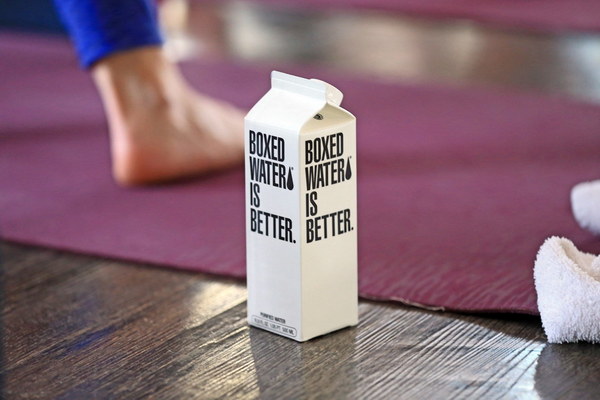Best Medications for Lung Cleansing and Strengthening A Comprehensive Guide
Introduction:
Lung health is crucial for overall well-being, as the lungs play a vital role in oxygenating the blood and removing waste gases. However, due to various factors such as pollution, smoking, and poor diet, the lungs can become weakened or clogged. This article aims to provide a comprehensive guide to the best medications available for lung cleansing and strengthening, helping you breathe easier and healthier.
1. Overview of Lung Cleansing and Strengthening Medications
When it comes to lung cleansing and strengthening, there are several types of medications that can be beneficial. These include:
a. Bronchodilators: These medications help to relax the muscles surrounding the airways, making it easier to breathe.
b. Expectorants: These drugs help to loosen and thin mucus, making it easier to cough up and clear the lungs.

c. Antioxidants: These substances help to combat free radicals and reduce inflammation in the lungs.
d. Antibiotics: In cases of lung infections, antibiotics are essential to eliminate the causative bacteria.
2. Best Medications for Lung Cleansing and Strengthening
a. Bronchodilators
- Albuterol (Ventolin, Proventil): A short-acting beta-2 agonist, Albuterol helps to relieve symptoms of asthma and chronic obstructive pulmonary disease (COPD).
- Salbutamol (Serevent, Ventolin): Similar to Albuterol, Salbutamol is used to treat asthma and COPD.
b. Expectorants
- Guaifenesin (Mucinex, Robitussin): This over-the-counter (OTC) medication helps to thin mucus, making it easier to cough up and clear the lungs.
- Codeine: An OTC cough syrup containing codeine, which can help suppress coughing and thin mucus.
c. Antioxidants
- N-acetylcysteine (NAC): An antioxidant that helps to break down mucus and reduce inflammation in the lungs.
- Vitamin C: A powerful antioxidant that supports immune function and helps to reduce oxidative stress on the lungs.
d. Antibiotics
- Amoxicillin: A broad-spectrum antibiotic often used to treat bacterial infections in the lungs, such as pneumonia.
- Azithromycin (Zithromax): Another broad-spectrum antibiotic, Azithromycin is effective against many respiratory infections.
3. Natural Remedies and Lifestyle Changes
While medications can be helpful in lung cleansing and strengthening, it's important to remember that lifestyle changes and natural remedies can also play a significant role. Some of these include:
a. Quitting smoking: Smoking is a leading cause of lung disease, so quitting is crucial for improving lung health.
b. Regular exercise: Aerobic exercises, such as walking, swimming, or cycling, can improve lung function and overall cardiovascular health.
c. Adequate hydration: Drinking plenty of water helps to keep the mucus thin and easier to expel.
d. Breathing exercises: Techniques such as deep breathing, diaphragmatic breathing, and yoga can help improve lung capacity and oxygenation.
Conclusion:
In conclusion, maintaining lung health is essential for overall well-being. While there are various medications available for lung cleansing and strengthening, it's important to consult with a healthcare professional to determine the best approach for your individual needs. Additionally, incorporating lifestyle changes and natural remedies can further support lung health. Remember, taking proactive steps to care for your lungs can lead to a better quality of life and improved breathing.









